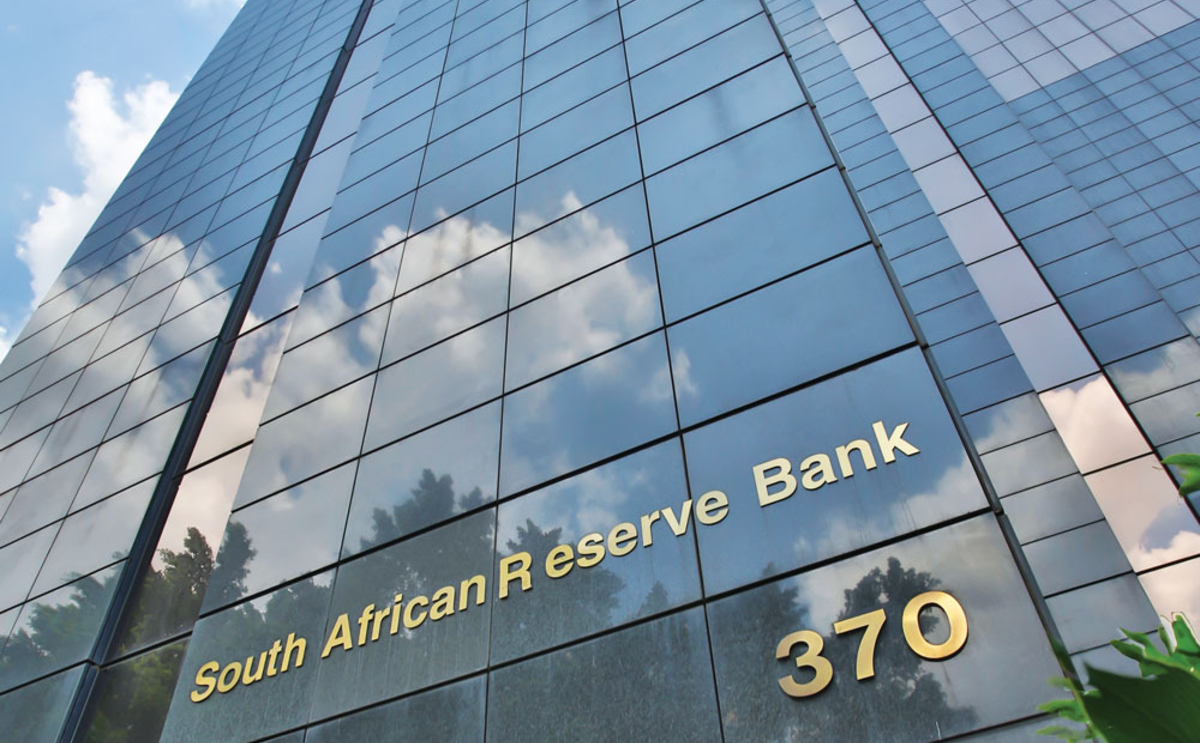
Exploring the Role of South Africa’s Reserve Bank
Cryptocurrency and the South African Reserve Bank (SARB) stand at the intersection of innovation and regulation, a dynamic interplay that is reshaping the financial landscape. In this article, we start on a comprehensive exploration of the evolving relationship between crypto and the SARB, delving into the challenges and opportunities that lie ahead. As we navigate this intricate landscape, the central theme emerges: “Initiating a Thoughtful Discourse on Role of South Africa’s Reserve Bank: A Beginning Point.”
The Current State of Crypto in South Africa
South Africa has witnessed a surge in cryptocurrency adoption over the past few years, reflecting a global trend towards decentralized finance. Bitcoin, Ethereum, and various altcoins have found a growing user base in the country, with individuals and businesses exploring the benefits of digital currencies. This trend, however, has not unfolded without its share of regulatory uncertainties.
Navigating Regulatory Challenges
The South African Reserve Bank has grappled with the task of regulating cryptocurrencies within the traditional financial framework. The decentralized and borderless nature of crypto presents a unique challenge for regulatory bodies worldwide. In South Africa, finding a delicate balance between fostering innovation and ensuring financial stability has become paramount.
The Need for Regulatory Clarity
Initiating a thoughtful discourse on the role of the South African Reserve Bank in the crypto space necessitates a closer examination of regulatory frameworks. Clarity in regulations is crucial for fostering a healthy and sustainable crypto ecosystem. As of now, the absence of specific guidelines leaves room for ambiguity, hindering the growth and mainstream acceptance of cryptocurrencies.
Global Perspectives on Cryptocurrency Regulation
To contextualize the discourse, it is essential to consider the global landscape of cryptocurrency regulation. Countries vary widely in their approaches, with some embracing digital currencies as legitimate forms of payment, while others remain cautious, citing concerns about volatility and illicit activities. The South African Reserve Bank stands at a crossroads, contemplating the best path forward for the nation’s financial future.
Opportunities for Innovation
While regulatory challenges persist, there is an undeniable potential for innovation within the crypto space. Blockchain technology, the backbone of most cryptocurrencies, offers secure and transparent transaction mechanisms. Exploring ways to integrate this technology into traditional financial systems could yield benefits for efficiency, security, and financial inclusion.
The Role of South Africa’s Reserve Bank
The South African Reserve Bank, as the country’s central monetary authority, plays a pivotal role in shaping the financial landscape. Its stance on cryptocurrencies will significantly influence the trajectory of digital finance in South Africa. Striking the right balance between fostering innovation and safeguarding financial stability requires a nuanced and informed approach.
Engaging Stakeholders in the Conversation
Initiating a thoughtful discourse involves engaging stakeholders from various sectors – government, financial institutions, businesses, and the general public. A collaborative effort is needed to develop a regulatory framework that not only addresses concerns but also capitalizes on the potential benefits of cryptocurrencies. Transparency and open communication will be key in building consensus and fostering a shared vision for the future.
Potential Impact on Financial Inclusion
One of the potential advantages of embracing cryptocurrencies lies in their ability to promote financial inclusion. South Africa, like many other countries, grapples with issues of access to traditional banking services in certain regions. Cryptocurrencies, with their decentralized nature, could bridge this gap, providing a means of financial participation for underserved populations.
The Importance of Security Measures
As discussions around cryptocurrency regulation unfold, the importance of robust security measures, much like the careful process of self-publishing your e-book, cannot be overstated. The South African Reserve Bank must address concerns related to fraud, hacking, and other illicit activities associated with cryptocurrencies. Implementing effective security protocols, akin to the meticulous steps taken in self-publishing your e-book, will be instrumental in building trust among users and regulatory authorities alike.
Conclusion
The dynamic interplay between cryptocurrency and the South African Reserve Bank is a journey that requires careful consideration and strategic planning. “Initiating a Thoughtful Discourse on South Africa’s Reserve Bank: A Beginning Point” encapsulates the essence of this exploration. The path forward involves not only navigating regulatory challenges but also embracing the potential for innovation and positive change.
As South Africa stands at the crossroads of this financial evolution, it is crucial to recognize that the decisions made today will shape the economic landscape of tomorrow. The collaborative efforts of regulators, businesses, and the public will determine how effectively the nation can harness the benefits of cryptocurrencies while mitigating associated risks. By initiating a thoughtful discourse, South Africa’s Reserve Bank lays the groundwork for a financial future that is both innovative and secure. This is not the end but rather a beginning point for the transformative journey that lies ahead.
Leave a Reply